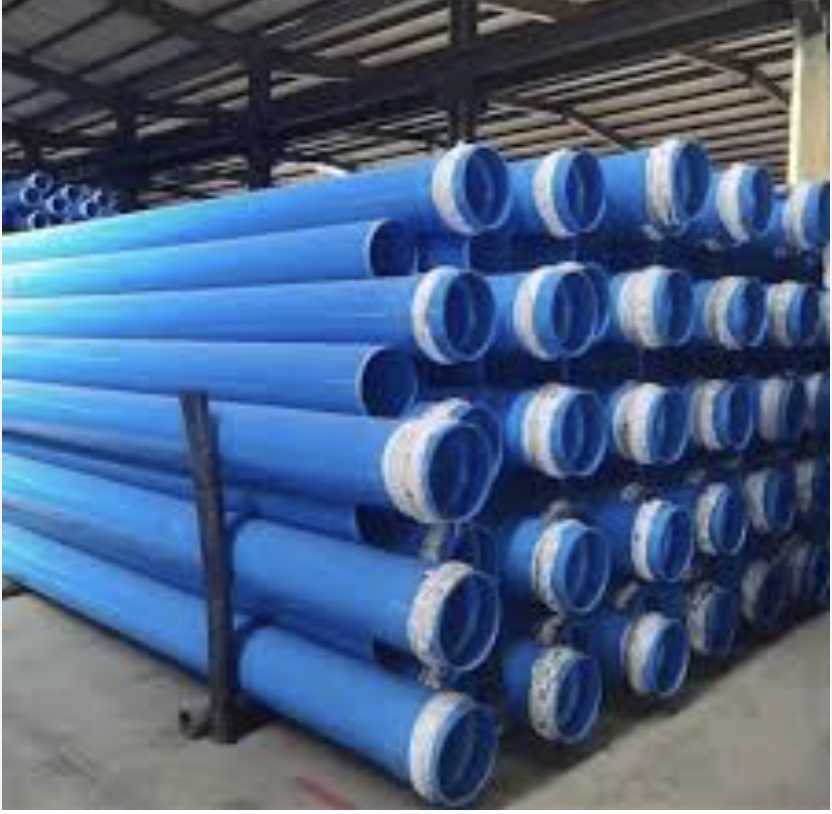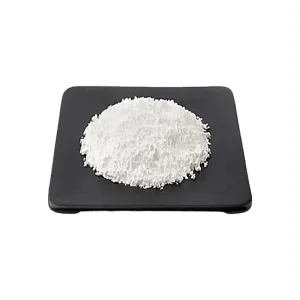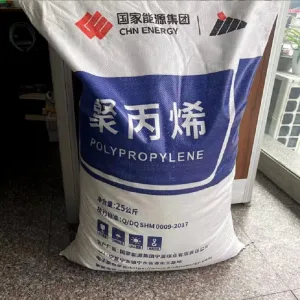96,518
December 13, 2023, 8:48 AM
Germany's well-known Continental Group recently announced its major progress in the field of tire recycling. The Group has used innovative thermal cracking process to successfully recover and reuse carbon black in racing tires, taking an important step towards the sustainable development of the tire industry.
It is understood that starting from September 2023, Continental has begun to use this recycled carbon black to produce solid tires at its Kolbach factory in Germany. These tires are mainly used in forklifts, and their raw materials are derived from 300 CrossContact Extreme E-series racing tires. These tires undergo a special thermal cracking process and are transformed into key raw materials for newly produced super-elastic solid tires.
Matthias Haufe, director of material development and industrialization at Continental Tire, expressed great optimism. He pointed out that recycling Extreme E racing tires in this way not only raises people's awareness of the pyrolysis potential of tires, but also demonstrates the important role of efficient pyrolysis processes in improving the sustainability of the tire industry.
Continental is not satisfied with its current achievements. Working with partner Pyrum, they are further developing and optimizing this process to expand the recycling scope of waste tires. This not only demonstrates Continental's technological innovation capabilities, but also reflects its commitment to environmental protection and resource reuse.
In addition, Continental uses a large amount of sustainable materials when manufacturing the second-generation Extreme E racing tires. About 43% of these tires are recycled and renewable materials, including silica extracted from rice hull ash and high-performance polyester fiber made from recycled PET bottles.
In terms of tire recycling, Continental's exploration and innovation continue. They have successfully recycled the 2021 Extreme E racing tires, converted them into 400 square meters of rubber paving stones, and donated them to a new basketball court in Hanover. Continental's move not only contributes to the development of tire recycling technology, but also extends the life cycle of racing tires into new areas.














